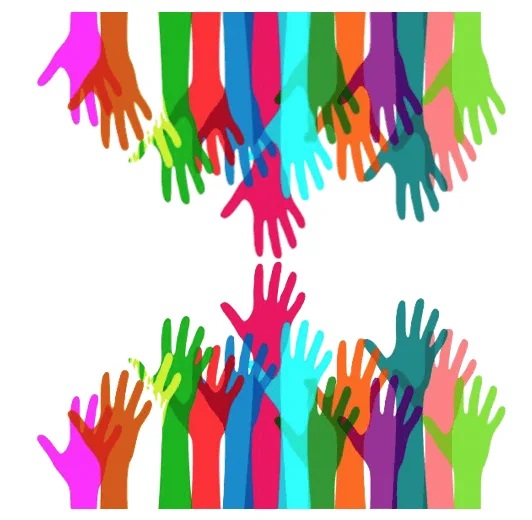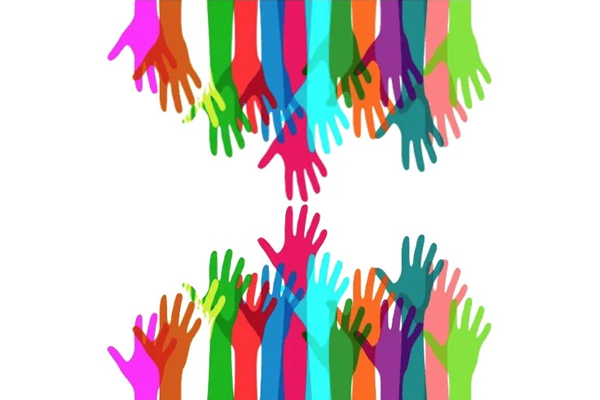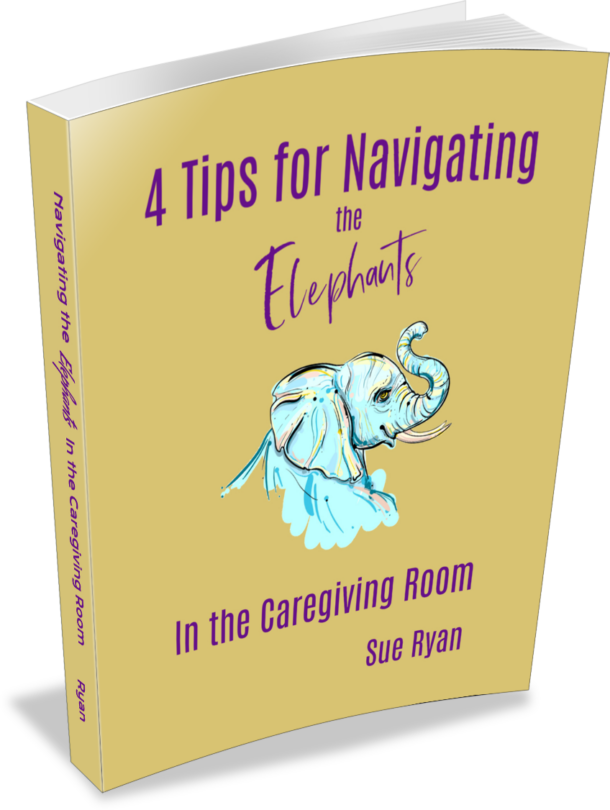
Do You Say “I Want to” or “We Would Like to”? There’s a Better Option
As a frequent flier, I’m used to hearing flight attendants announce our arrival with the phrase “We would like to welcome you to…”. One day when I heard the announcement it occurred to me that, listening to the phrase literally, we weren’t really being welcomed – we were being told they would like to welcome us. I then began to notice this on more than one airline, at restaurants, theaters, and other venues. It seems to be the standard phrase. Wouldn’t it be just as easy to say, “We welcome you to” or “Welcome”?
How many times have you heard an emcee, speaker, or someone receiving an award, start or end their comments with “I want to thank” or “we would like to thank”? Ok, if you want to thank someone, how about saying “Thank you”. At first, this was just a pet peeve of mine. I spoke with a psychologist who explained how we say things determines how we – and others – perceive our words and meanings, take ownership of them, and train our brains for future behavior.
There’s Research Behind Saying What We Actually Mean to Say
Researching what training our brains for future behavior means, I came across an article by Lisa Feldman Barrett, distinguished professor of psychology at Northeastern University. Dr. Barrett explains:
It’s the case that your brain is using past experience to construct your experiences in the present, then anything new that you construct in the present will seed your brain to construct those experiences more effortlessly in the future.
Do you “want to” thank someone, which means you are not really thanking them or making them feel better? Why not just thank them? You know how great you feel when someone welcomes or thanks you personally, Let’s say what we really mean; It will make us, and them, feel good now and make it easier to show welcome and gratitude in the future.





0 Comments